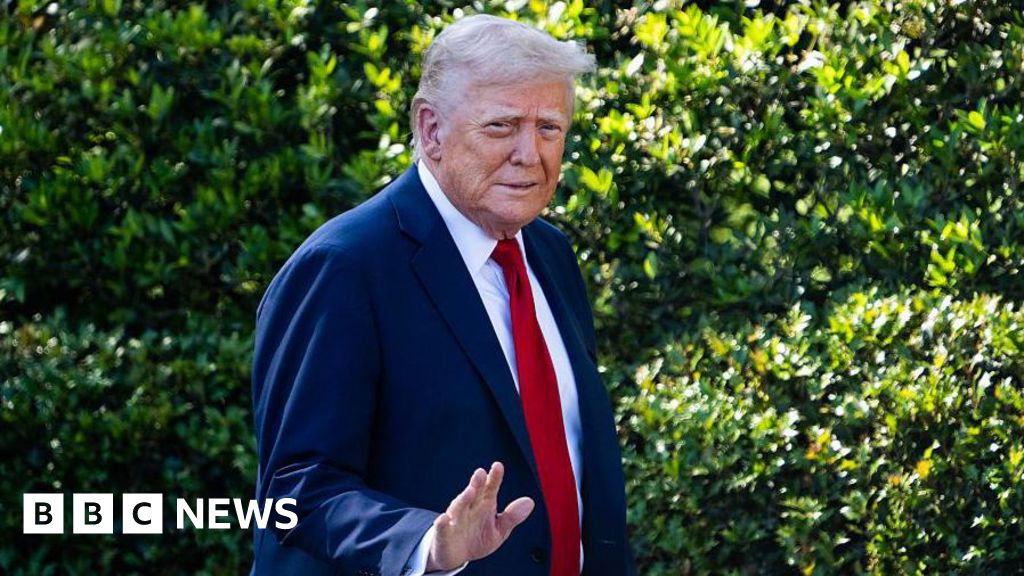Trump Announces Easing of Tariffs on US Automakers
President Trump plans to reduce tariffs on imported car parts, providing relief to domestic automakers and addressing industry concerns about rising costs.

While cars made outside the country are still subject to automative tariffs, they will be exempt from other levies, the Wall Street Journal reported earlier.
Trump tariffs: President set to ease import levy impact on US carmakers
 BBC News·15h·ReliableThis source consistently reports facts with minimal bias, demonstrating high-quality journalism and accuracy.CenterThis outlet is balanced or reflects centrist views.
BBC News·15h·ReliableThis source consistently reports facts with minimal bias, demonstrating high-quality journalism and accuracy.CenterThis outlet is balanced or reflects centrist views.
The auto industry has been rocked over the past few weeks with the slew of new tariffs.
Howard Lutnick says ‘deal’ has been reached on auto tariffs | Business
 CNN·15h·ReliableThis source consistently reports facts with minimal bias, demonstrating high-quality journalism and accuracy.Leans LeftThis outlet slightly leans left.
CNN·15h·ReliableThis source consistently reports facts with minimal bias, demonstrating high-quality journalism and accuracy.Leans LeftThis outlet slightly leans left.
Trump's on-again, off-again tariffs have in financial markets, and most polls show Americans are concerned about Trump's handling of the economy.
Trump is giving automakers a break on tariffs
 NPR·17h·ReliableThis source consistently reports facts with minimal bias, demonstrating high-quality journalism and accuracy.CenterThis outlet is balanced or reflects centrist views.
NPR·17h·ReliableThis source consistently reports facts with minimal bias, demonstrating high-quality journalism and accuracy.CenterThis outlet is balanced or reflects centrist views.
Summary
President Trump is set to announce a reduction in tariffs impacting US automakers, aiming to alleviate financial burdens on the industry. The planned changes include reimbursement for tariffs on imported auto parts, intending to support domestic manufacturers and enhance economic investment in the US. Commerce Secretary Howard Lutnick expressed that this policy shift rewards companies manufacturing in the US, while preparing them for future investments. Automakers and industry leaders have expressed gratitude for this reprieve, as previous tariffs threatened to raise vehicle prices and disrupt supply chains.
Perspectives
President Trump is set to ease tariffs on US automakers, signaling a shift towards supporting domestic manufacturing and mitigating the financial impact of high tariffs on the industry.
The new tariff structure will allow some reimbursement for imported auto parts, which is intended to help both automakers and consumers by preventing overwhelming price increases.
The automotive industry has voiced concerns about the high tariff rates, as they may lead to increased vehicle prices and lower sales, prompting a balance between supporting domestic production and protecting consumer interests.